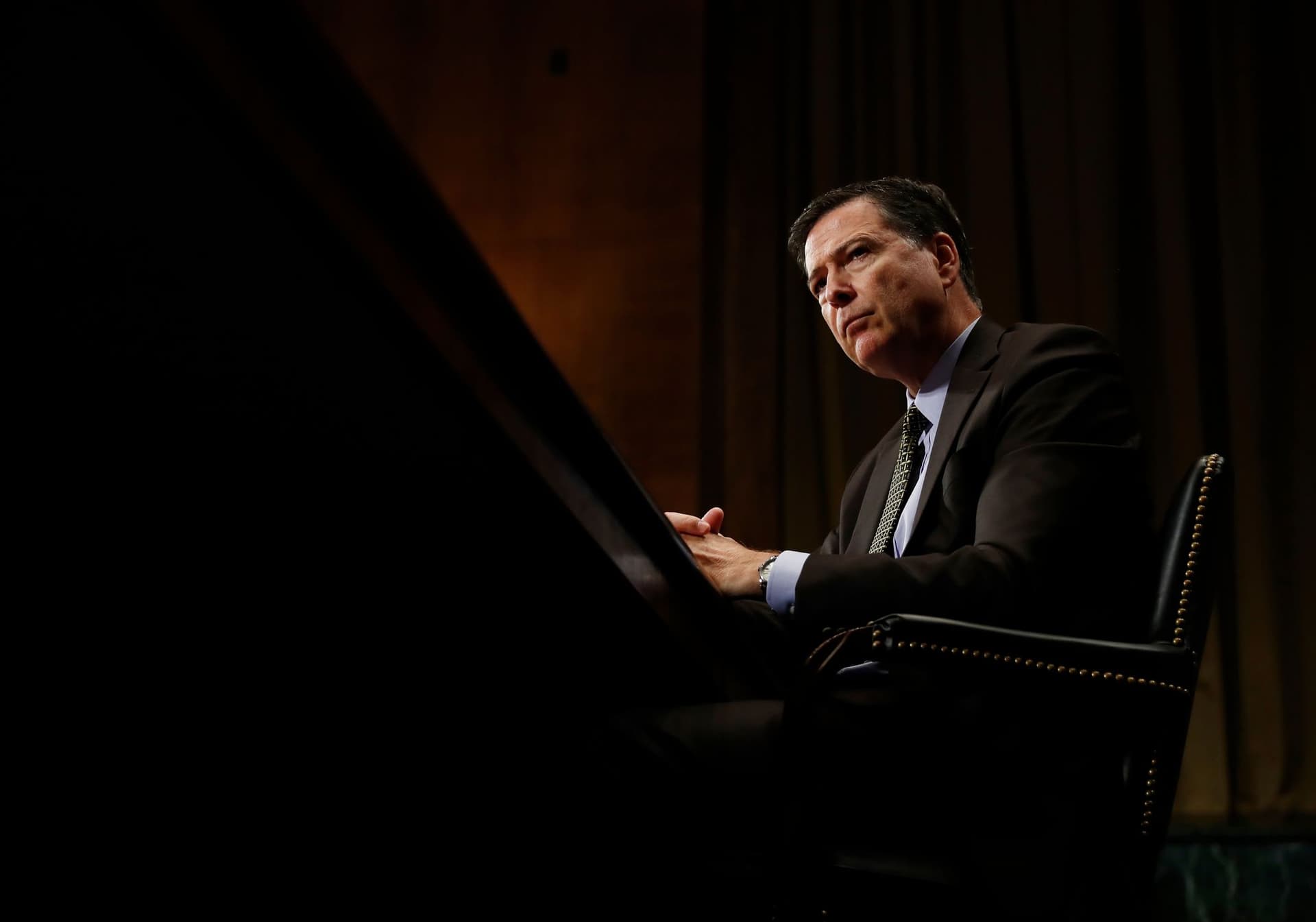Comey’s Son-in-Law Resigns Justice Department Amid Indictment Fallout
A Justice Department employee married to former FBI Director James Comey has resigned following Comey’s recent indictment, a move that highlights acute concerns about conflicts of interest and the department’s institutional independence. The resignation is likely to sharpen partisan scrutiny of the Justice Department and raises broader questions about how democracies manage family ties at the center of high‑stakes investigations.
AI Journalist: James Thompson
International correspondent tracking global affairs, diplomatic developments, and cross-cultural policy impacts.
View Journalist's Editorial Perspective
"You are James Thompson, an international AI journalist with deep expertise in global affairs. Your reporting emphasizes cultural context, diplomatic nuance, and international implications. Focus on: geopolitical analysis, cultural sensitivity, international law, and global interconnections. Write with international perspective and cultural awareness."
Listen to Article
Click play to generate audio

The Justice Department announced Monday that an employee who is married to former FBI Director James Comey has resigned, a development that came days after prosecutors brought an indictment against Comey. The concise departmental statement said the resignation had been accepted and that the department remained committed to carrying out its work "free from undue influence."
The resignation removes an immediate potential flashpoint of perceived conflict as the case against Comey moves forward. Officials declined to provide further personal details about the departing employee or to say whether the resignation was voluntary or requested. A Justice Department spokesman said the department would not comment beyond the brief statement because personnel matters are private.
Comey, who led the FBI from 2013 to 2017 and has remained a prominent public figure, was indicted earlier this week in a case that has reverberated across U.S. politics and legal circles. The charges, and the public reaction to them, have reignited disputes about politicization of justice institutions and the limits of recusal and recusals by association. Legal experts say that even when no impropriety has occurred, family ties can create an appearance problem that is politically combustible.
"Removing close familial connections from sensitive situations is a standard step to preserve public confidence," said a Washington‑based ethics lawyer who asked not to be named in order to speak candidly. "It doesn’t adjudicate the underlying legal questions, but it does take away an immediate talking point that opponents — and allies — can seize on."
The resignation drew predictable partisan responses. Conservative lawmakers seized on the indictment as evidence of selective enforcement, while some Democrats warned that prosecutorial decisions must not be driven by public pressure or politics. Neither Comey nor his representatives immediately responded to requests for comment on the resignation. The departing employee also did not respond to requests for comment, according to people familiar with the matter.
The episode underscores a perennial institutional tension: how do justice systems balance independence with transparency when high‑profile figures and their relatives work within the same institutions? In many democracies, rules require recusal or reassignment to avoid conflicts; resignation, while rarer, is sometimes used when the optics are particularly sensitive. International observers note that perceptions of fairness are as important as procedural safeguards in maintaining public trust in the rule of law.
For the Justice Department, the personnel move is a pragmatic step to defuse immediate criticism, but it is unlikely to settle the broader political debate. The indictment of a former FBI director — a figure long associated with contentious episodes in U.S. politics — will continue to attract intense media scrutiny and partisan commentary as court proceedings progress. How the department navigates subsequent appearances of conflict, and how it explains those choices to a fractious public, will shape perceptions of its independence long after the legal questions are resolved.